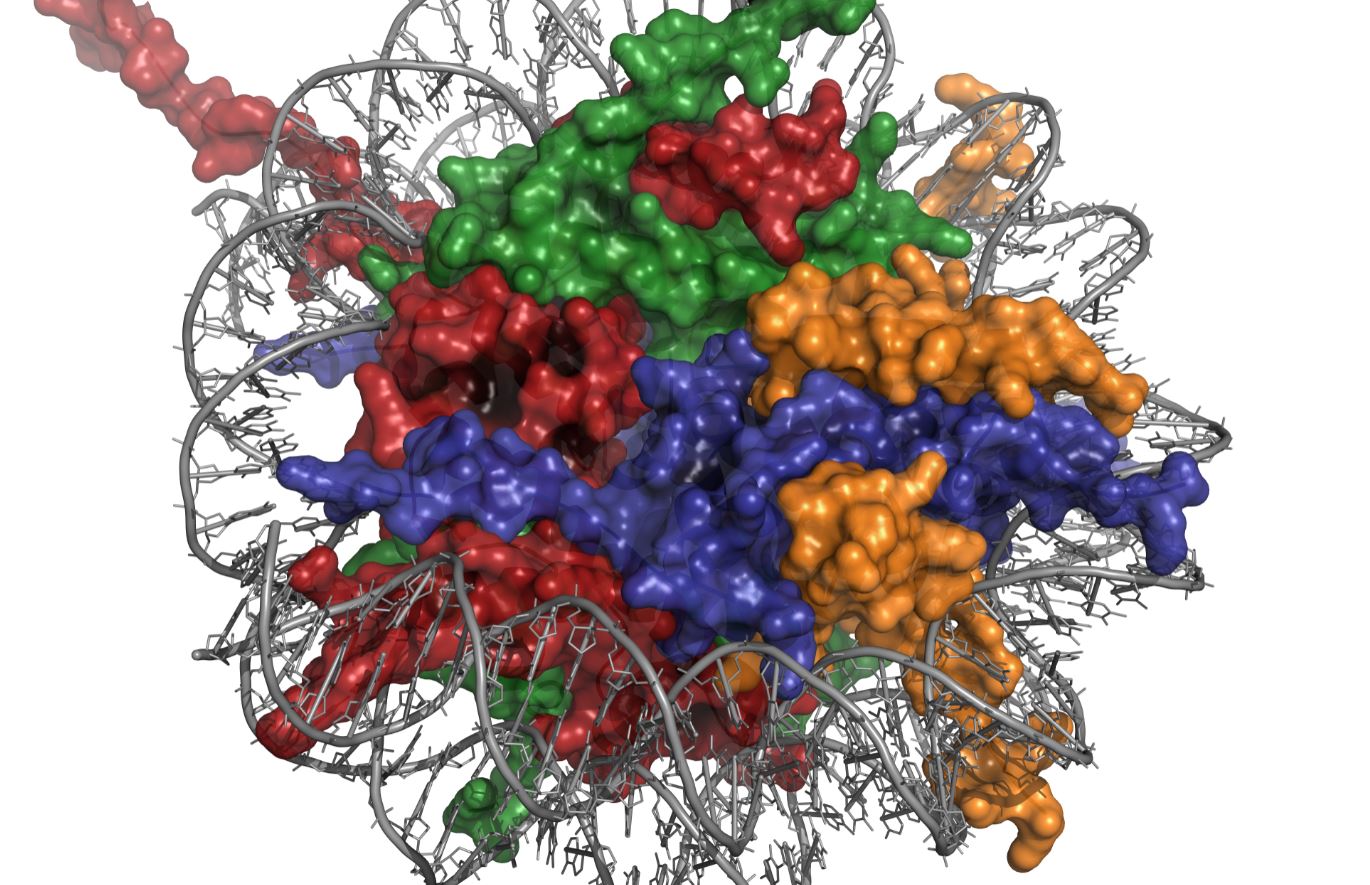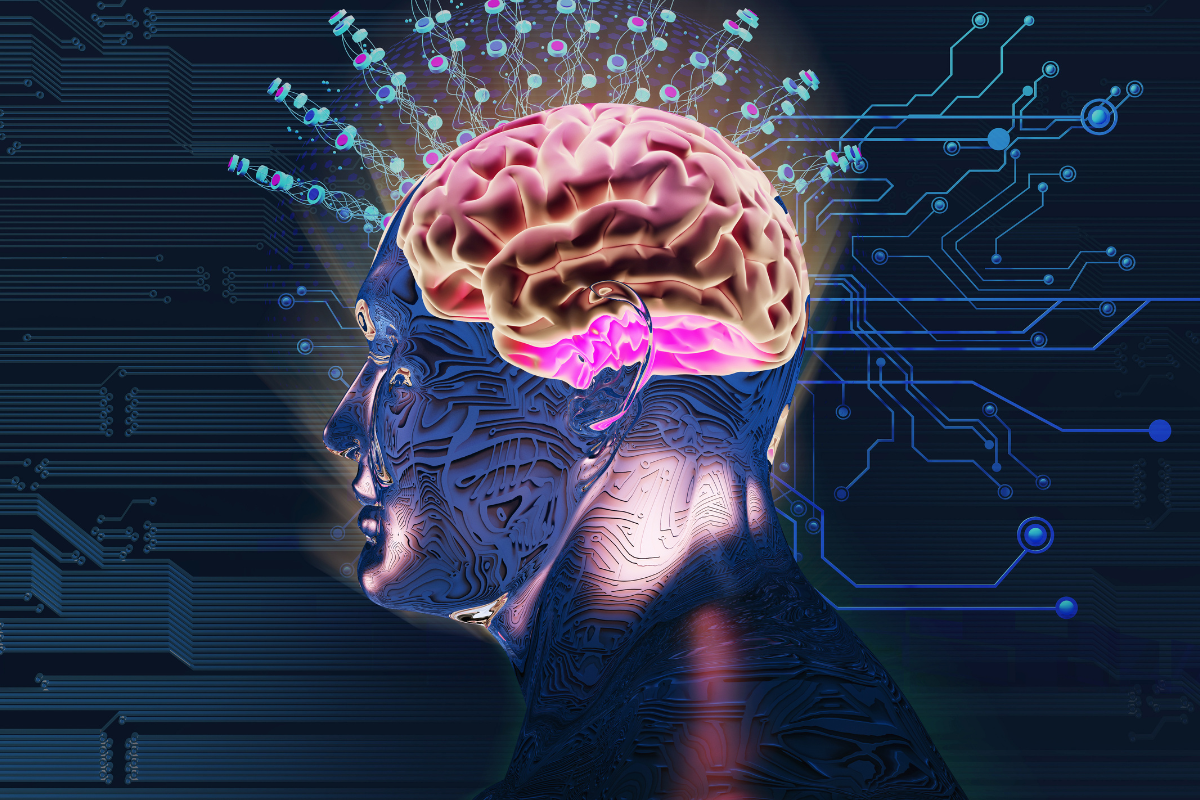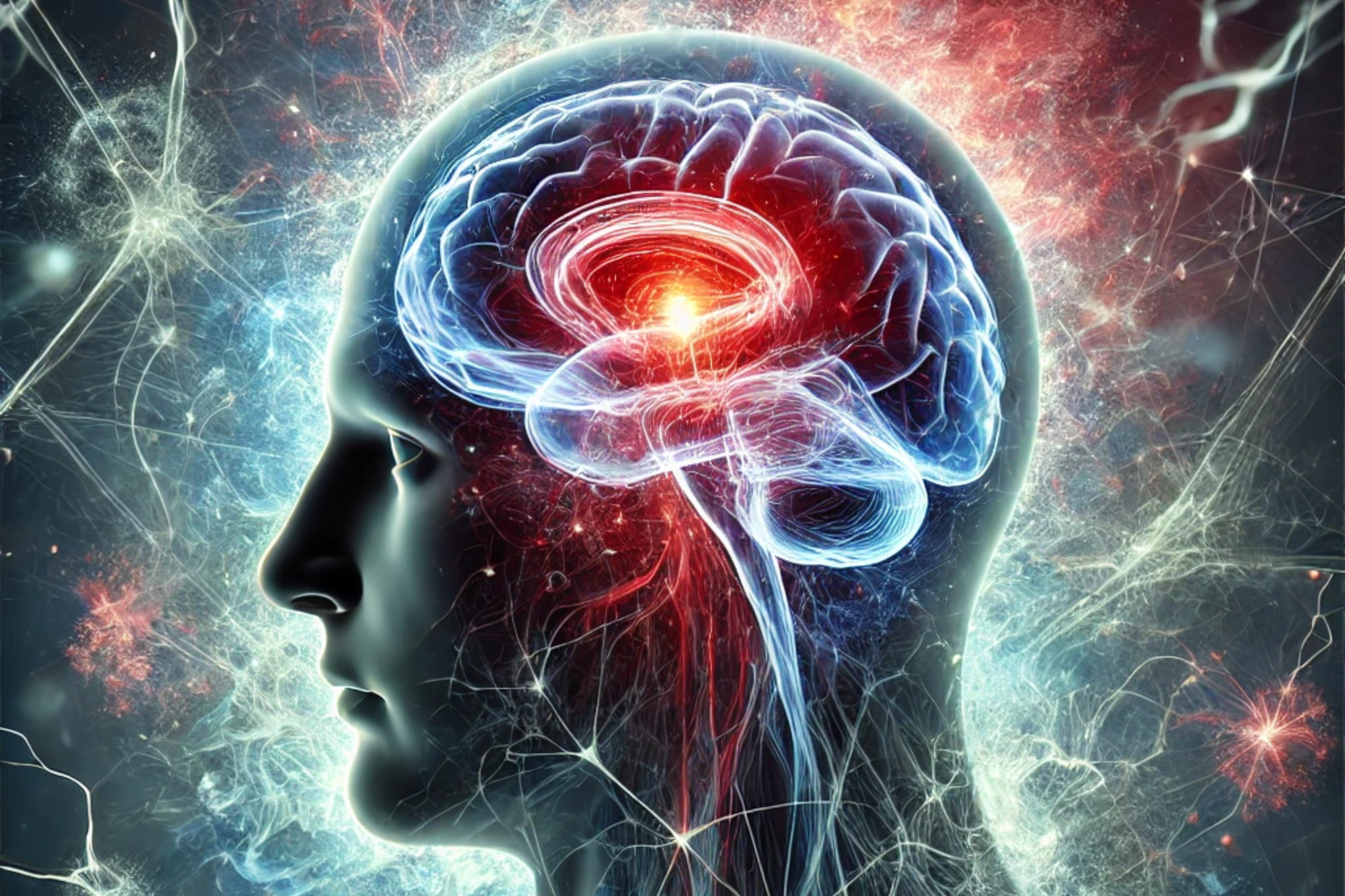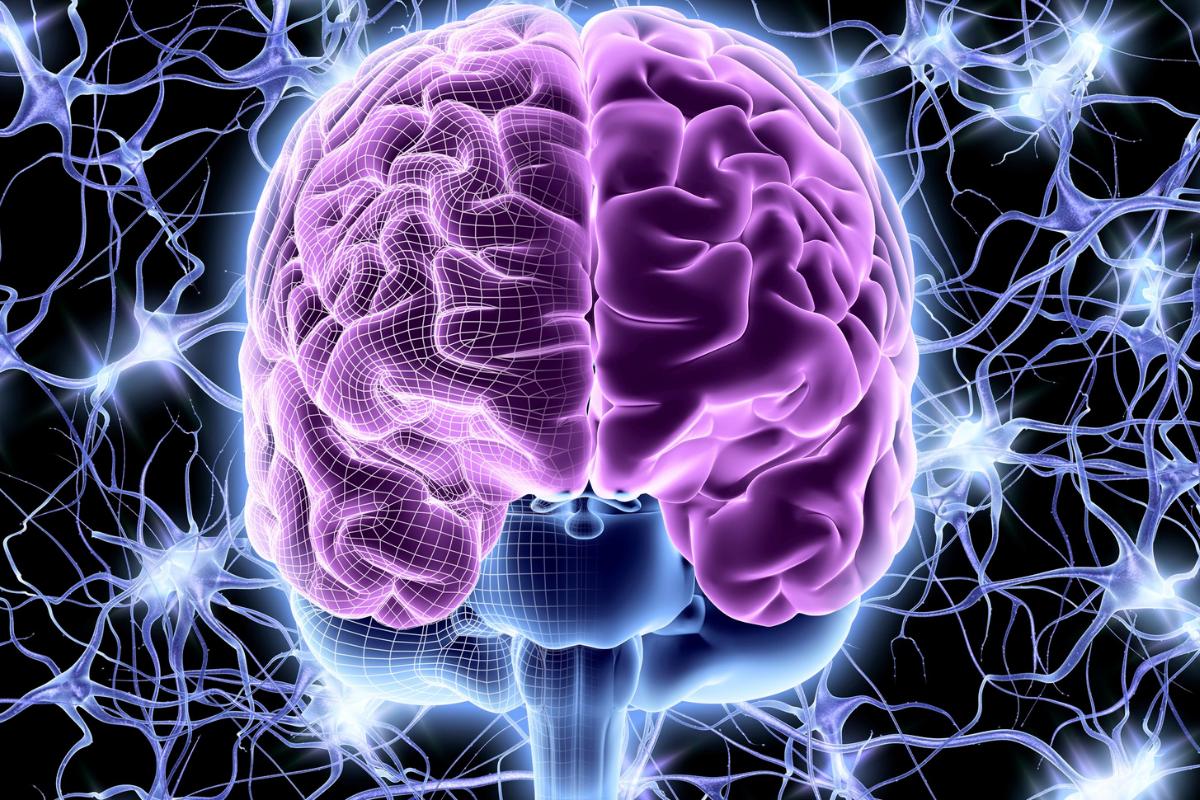By Dr. Petrus Raulino
It is known that stress can trigger depression. Therefore, the current conception of the etiology of depression takes into account environmental and genetic factors, interacting and modulating each other.
In recent years, the evidence base for epigenetics as a plausible third factor has grown.
An article published in the Journal of Personalized Medicine reviewed recent studies that suggest a significant association between epigenetics and the molecular mechanisms of depression, as well as the response to treatment.
What is Epigenetics?
Epigenetics is the set of genetic modifications that do not alter the DNA sequence.
Epigenetic modifications
Epigenetic changes are not restricted to a specific stage of life. In other words, they occur from fertilization and continue to occur throughout life. They are also sensitive to environmental changes.
Epigenetic modifications can be divided into: DNA methylation, histone post-translational modification and microRNA (miRNA) or long non-coding RNA (lncRNA) interference.
Epigenetic modifications are capable of influencing the severity of the disease and the outcome of pharmacotherapy.
There are epigenetic marks that are introduced during damaging events early in life, reflecting a greater vulnerability to depression throughout the individual's life.
Study results
The study concluded that a lot of evidence strongly suggests that epigenetic modifications are associated with the etiopathogenesis of depression, neuroplasticity, treatment with antidepressants and, more than that, they can be considered as potential biomarkers depression.
The data presented also suggested that, from a clinical point of view, histone deacetylase inhibitors (HDACis) could serve as new antidepressant agents even in the near future.
Furthermore, although the involvement of DNA methylation, histone modifications and changes in miRNA expression has been substantially investigated in the pathogenesis and therapy of depression, research focused on lncRNAs is still in its infancy.
Therefore, studying the interactions between lncRNAs, miRNAs and various target mRNAs could be an interesting avenue for future research.
References
Czarny, P., Bia?ek, K., Zió?kowska, S., Strycharz, J., Barszczewska, G., & Sliwinski, T. (2021). The importance of epigenetics in diagnostics and treatment of major depressive disorder. Journal of Personalized Medicine, 11(3), 167.
Armeev, G. A., Kniazeva, A. S., Komarova, G. A., Kirpichnikov, M. P., & Shaytan, A. K. (2021). Histone dynamics mediate DNA unwrapping and sliding in nucleosomes. Nature communications, 12(1), 1-15.
Liu, N., Wang, Z. Z., Zhao, M., Zhang, Y., & Chen, N. H. (2020). Role of non-coding RNA in the pathogenesis of depression. Gene, 735, 144276.
Brown, A., Fiori, L. M., & Turecki, G. (2019). Bridging basic and clinical research in early life adversity, DNA methylation, and major depressive disorder. Frontiers in genetics, 10, 229.
Lisoway, A. J., Zai, C. C., Tiwari, A. K., & Kennedy, J. L. (2018). DNA methylation and clinical response to antidepressant medication in major depressive disorder: a review and recommendations. Neuroscience letters, 669, 14-23.







